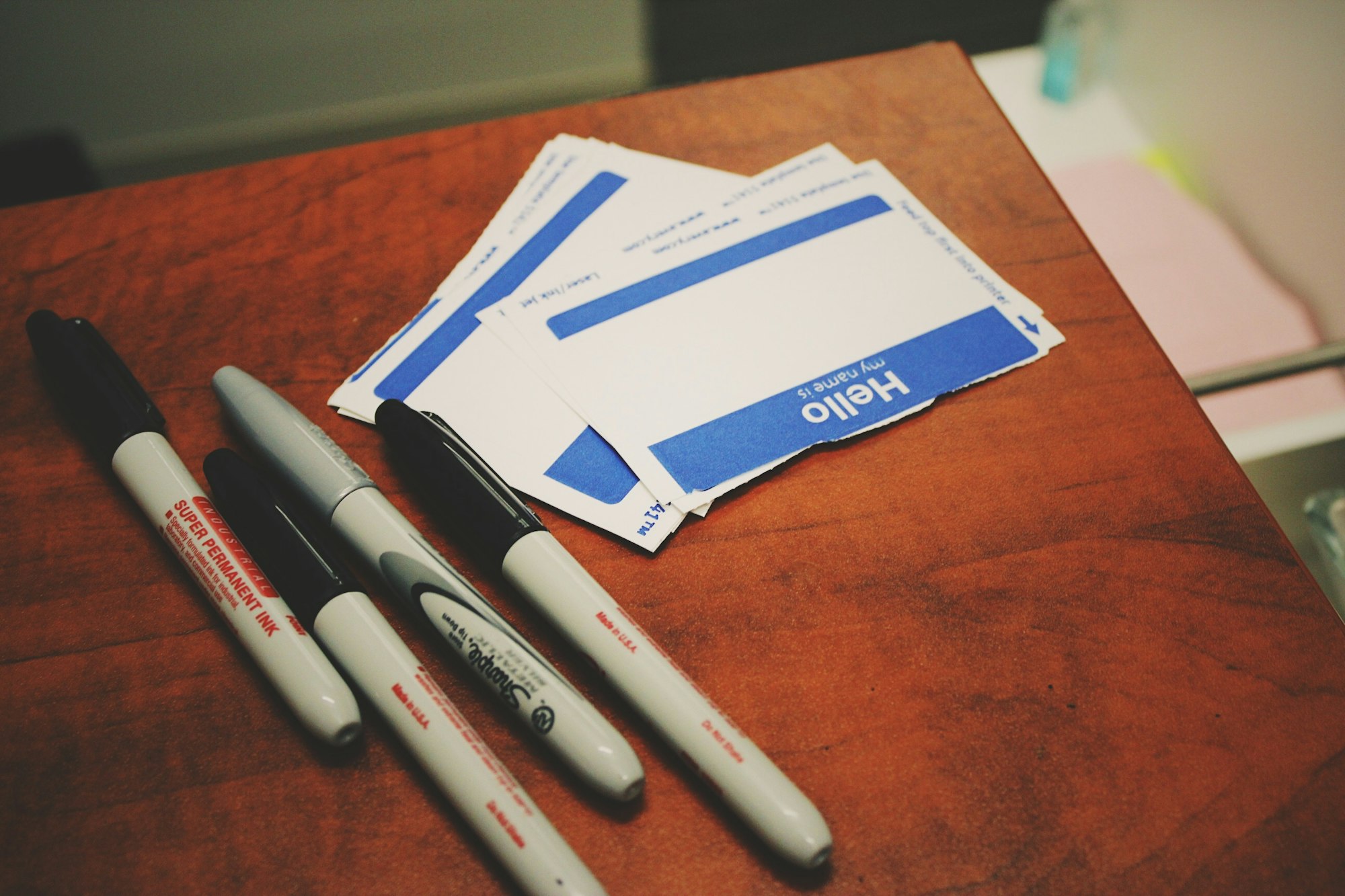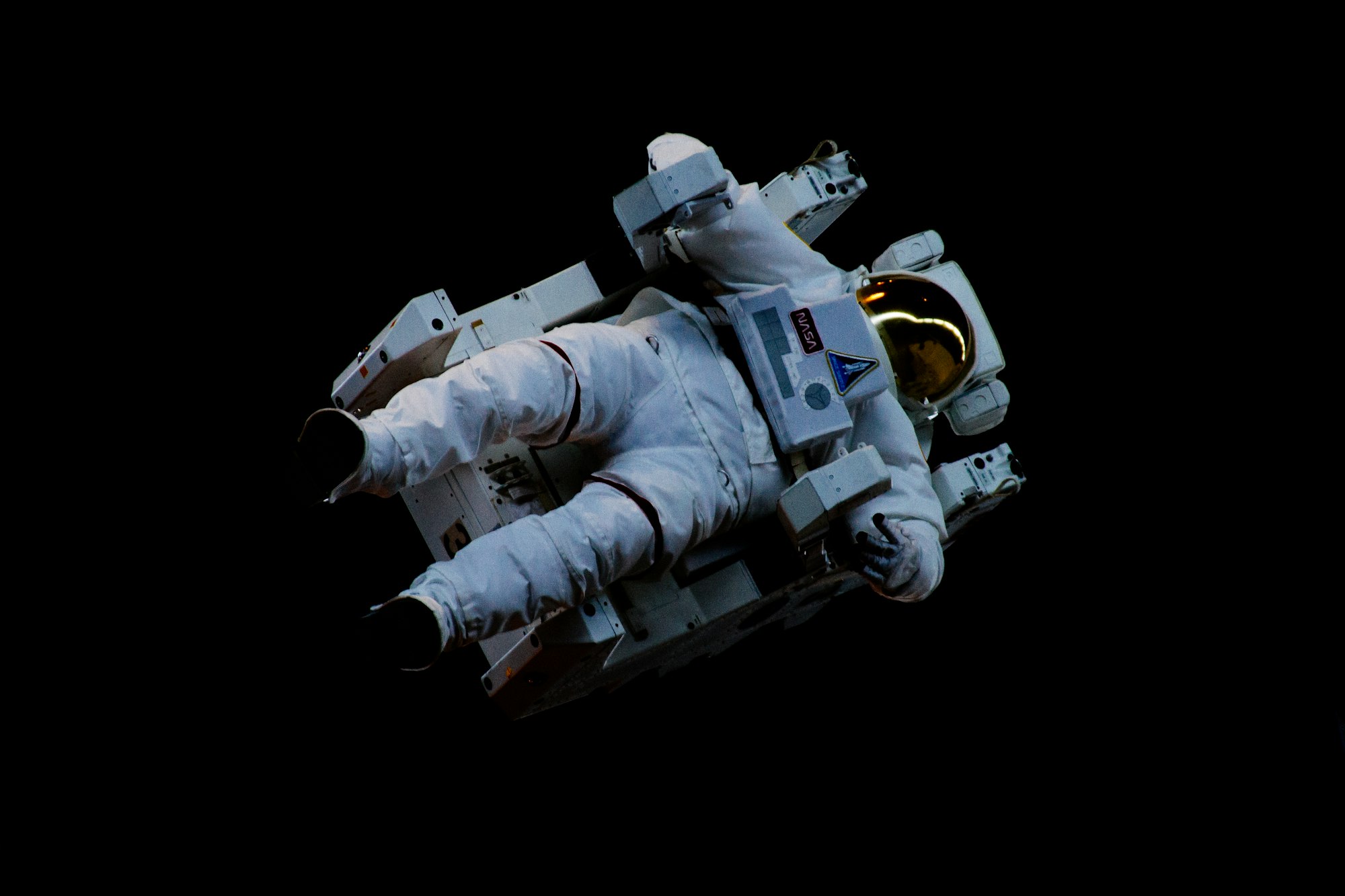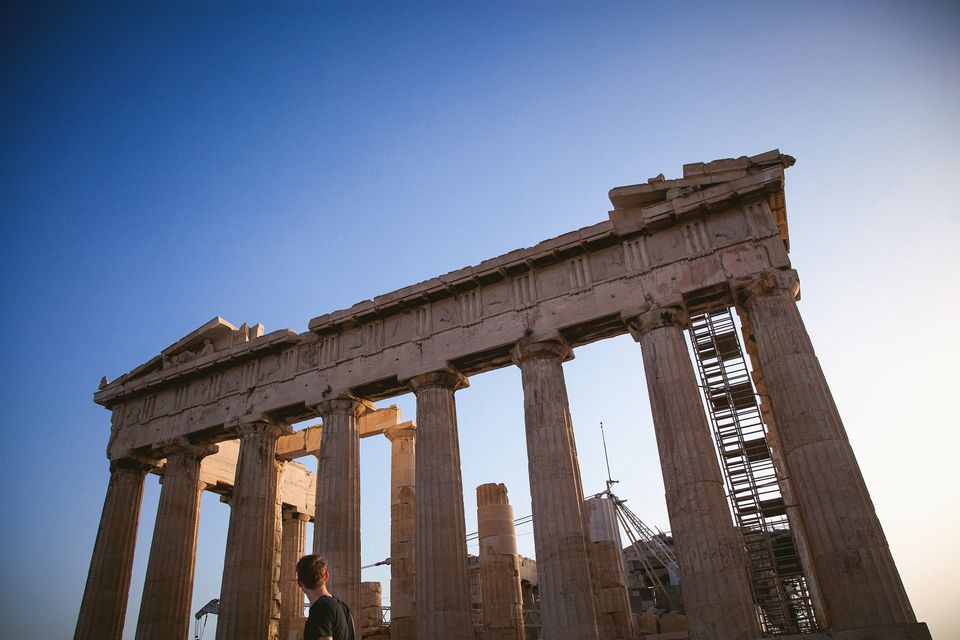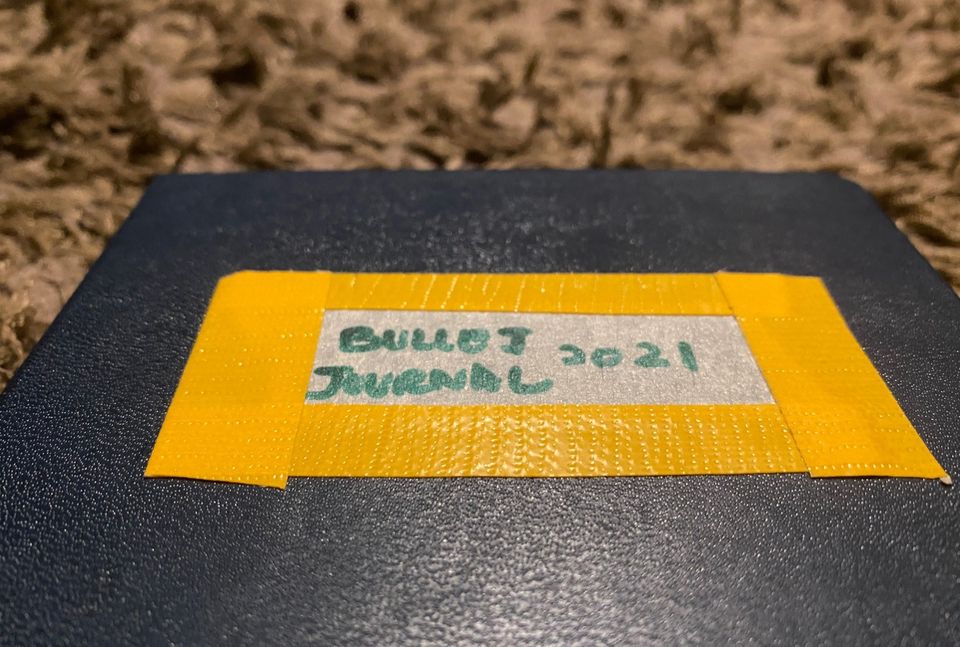For the first six days after a child is born, they don’t have a name. At least that’s the case in Muslim communities in Northern Nigeria. And on the seventh day, the family will invite their friends, neighbours, and relatives, sacrifice a ram or sheep, and then announce the name of the child to the world.
Right after I was born, unofficially people referred to me as Abdul Malik, because they assumed that that’s what my name would be. Even after my naming ceremony -- my mom told me years later -- people still kept referring to me as Abdul Malik.
My name, of course, is not Abdul Malik. Never was. My parents named me Al Amin. It’s Arabic for “the trustworthy”. But more relevant to this piece, Al Amin is one of the names of Prophet Muhammad. Muhammad Al Amin. Muhammad, The Trustworthy.
I guess that my mom named me after the Prophet of Islam because my mom doesn’t like being told what to do.
My mom was adopted when she was very young, although it’s probably not the kind of adoption you’d think of when you hear about an adoption today.
Abdul Malik, my mom’s adopted father, was her biological father’s first cousin. He was someone who loved children, but unfortunately couldn’t have any, so he adopted kids from his relatives who had a lot. And my grandfather -- the biological one -- had a lot. However many you’re thinking right now, he had more.
In addition to my mom, my grandfather -- the other one -- had other adopted children. In fact, my mom was the youngest of them.
I don’t think it was ever something that was actually discussed, but when the eldest of my mom's siblings had their first kid, and it was a boy, they named him after Abdul Malik. And the first son of the next sibling was also Abdul Malik.
Every one of my mom’s siblings named all their first male children after their father. I’ve never asked my mom why they did that, but my guess is that it was one way they chose to honour him. To have a lineage of his name carry on since his literal genes could not.
There's a code embedded in all names. The most obvious of which the one contained in last names. Our surnames. A family name. It's a code that if you’re able to decode, will reveal to you someone’s ancestry. Their tribal connections. Their Caste. A last name can tell you how society expects you to treat someone you just met for the first time.
But there’s just as much coding within given names -- first names -- only we don’t pay as much attention to them.
The very fact that the vast majority of people don’t get to choose their first names means that it’s a name that means something to someone else. Which makes it a part of a lineage. A part of a history.
My dad’s younger brother has nine children. Five of them are boys, and the first three are named Omar, Uthman, and Ali. It wasn’t until very recently that I decoded the code within their names, and I was embarrassed to discover what had been plainly obvious the whole time.
A couple of years ago, my uncle -- the same one with the nine kids -- told me how back when my parents were dating, my mom always wore trousers, and they all thought how strange she was. A woman, wearing trousers? Crazy!
After my parents got married, my dad had to move to the UK for a PhD program. At the time, my mom had just started her second year of university in Nigeria, so she applied to transfer to the University where he’d be doing his program. She got accepted, but they wanted her to start re-do the first year. My mom was having none of it.
And that’s how the first three years of my parents’ marriage became long distance. And this was back in the early 80s before mobile phones. Before the Internet and before Zoom calls. She flew from Kano to Birmingham two to three times every year for three years.
Three years of a long-distance relationship was a choice. Having to repeat one year of university was an imposition. Wearing trousers was a choice. Being expected to name your first son Abdul Malik was an imposition*.
Given names are usually unique within the same family to easily identify the person being spoken about. It’s there to differentiate one child from the next. A clear separation. But even within that separation, there’s usually a connection.
It’s not unusual to find a family where all the children’s names start with the same letter. Or they’re all named after musical icons, artists, or saints.
Recently, my brother was telling me a story about a cousin of ours -- one of the nine -- and because we didn’t grow up with them, I don’t really know the family that well.
“Where does she fall in the sequence?” I asked my brother. I was trying to get an idea of her age -- who came before her, who came after.
“Well, there’s Omar, then Uthman, then Fatima, then Ali, then...”
“Wait!” I interrupted him. “Omar. Uthman. Ali.”
Those are the names of the caliphs of the first caliphate immediately following the prophet’s death. And they’re in order. It was Omar, then Uthman, then Ali. Except the first one is missing because Omar was the second caliph.
“What happened to Abubakar?” I asked my brother, even though I already the answer.
“He died when he was five.”
There’s a phrase in the Hausa language -- Suna linzami -- which roughly translates as your name is your rein. The idea being that if someone calls your name, your head jerks -- like a horse -- in the direction of the sound.
Friends from childhood call me Al Amin. After secondary school, I dropped the Al and just went by Amin. Then much later -- towards the end of University -- I picked the Al back up and dropped the Amin. If I'm walking down the street in the town I grew up in, it's very unlikely that my head will jerk in the direction of Al because I don't use that name there.
Names are more than just reins. They’re multi-car carriages that connect us across families, and communities, and civilisations. It’s the reason people adopt new names, drop dead ones, and go by different names in different places.
Because a name is a connection, not just to other people, but to collective humanity. This is why the first thing that those who want to dehumanise you try to do, is take it away.
* This is my characterisation, not hers.




